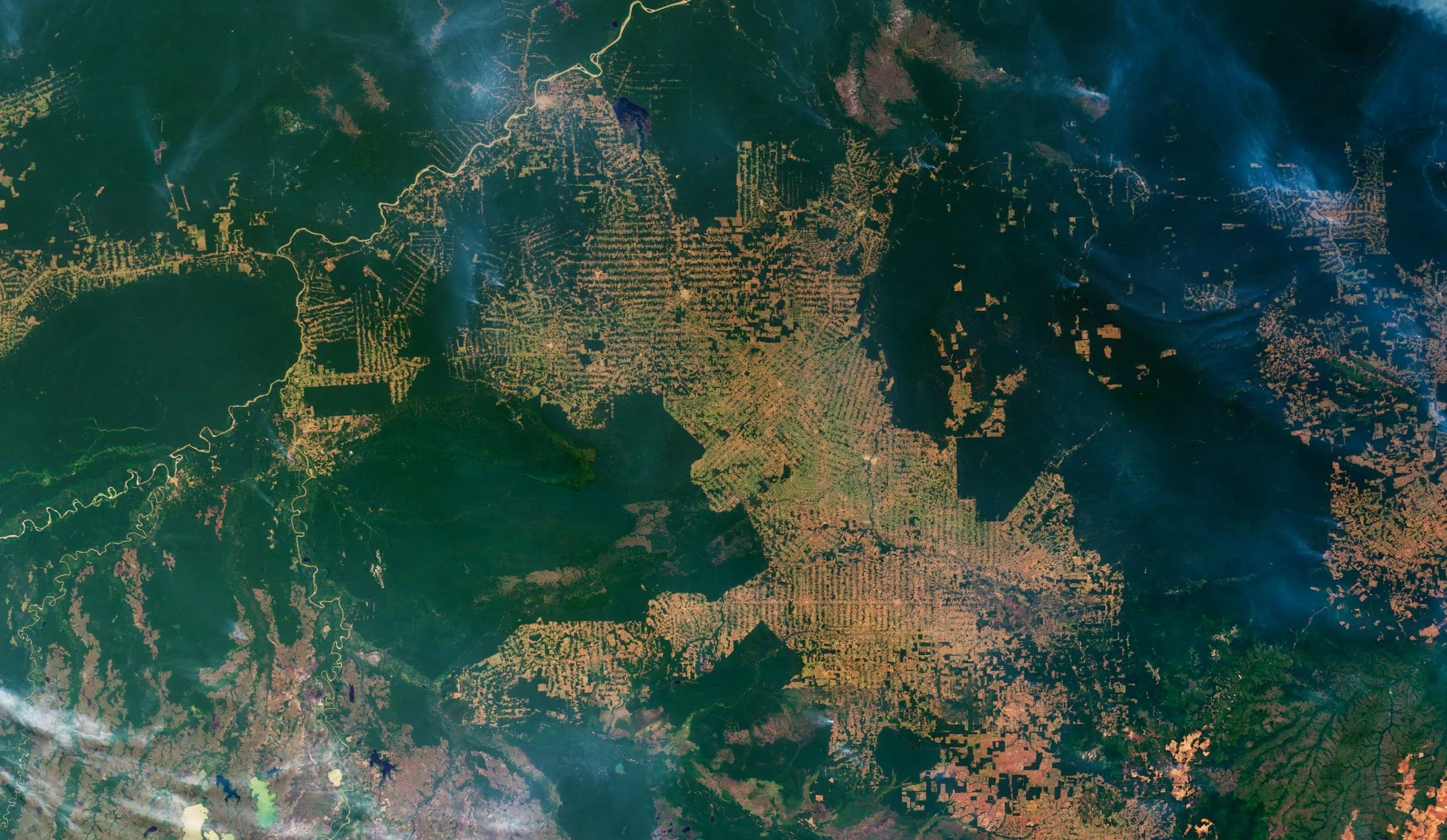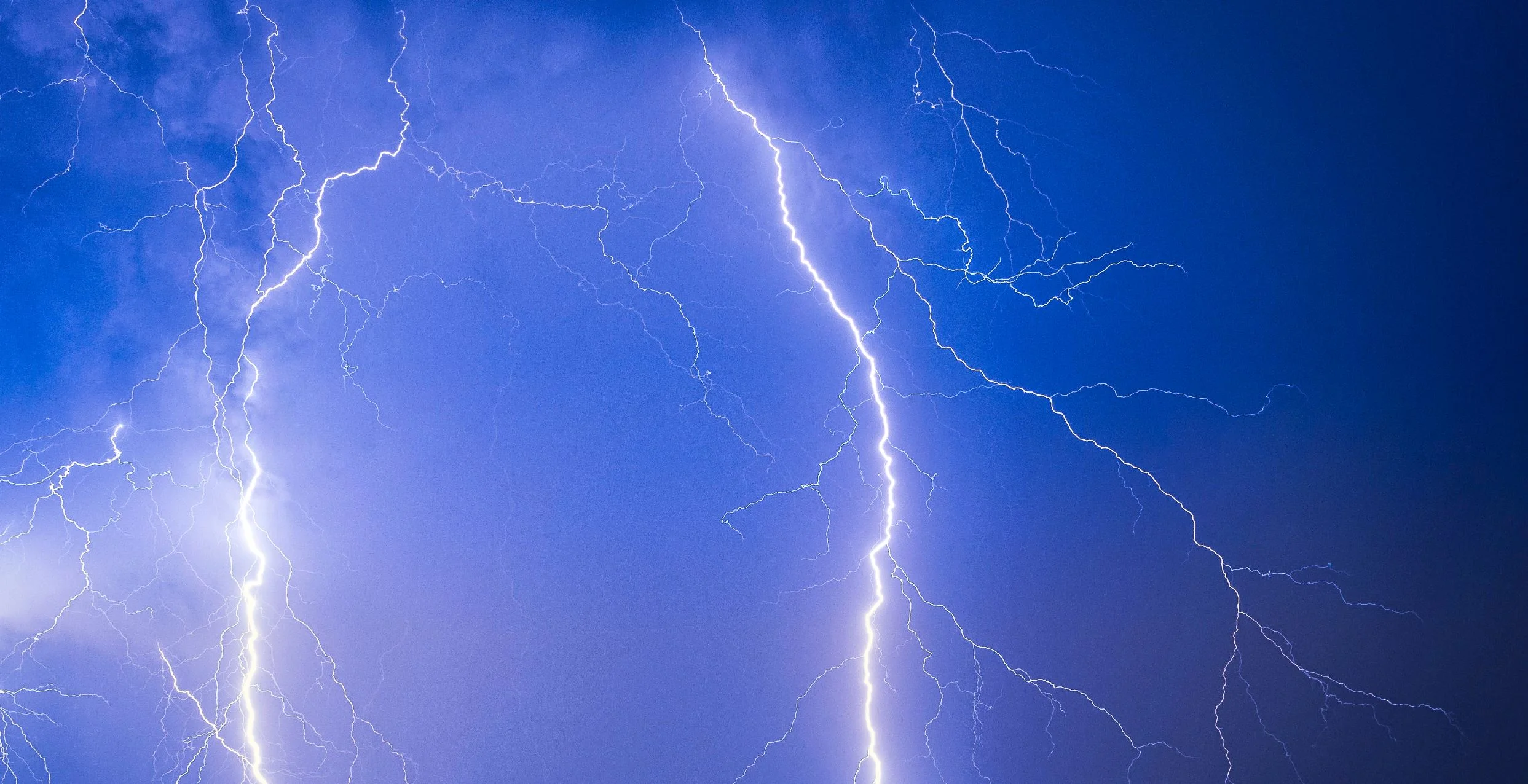A team of scientists reviewed the merits of fungi-derived leather substitutes, and the results are promising.
Extraordinary new material will enable us to store solar energy for a long period of time
Scientists believe they might have discovered a large subsurface river in Greenland
Flowing rivers are probably not the first thing that comes to mind when thinking of Greenland and its seemingly endless amount of frozen vistas. Nonetheless, scientists uncovered that there might be a substantially large one underneath the surface, flowing from deep in its interior all the way to the northeastern coast.
Four things you didn’t know about nuclear waste
Scientists discovered that sunscreen is damaging warm-water coral reefs
New study shows that electric cars will reduce greenhouse gas emissions worldwide despite dirty power stations
Wrong way, go back: a proposed new tax on electric vehicles is a bad idea
Scientists discover that small forests are of great importance
Scientists developed a new method of analysis to get more energy out of solar cells
Scientists managed to run a car on fuel made from seaweed
In Brazil’s rainforests, the worst fires are likely still to come
Incredible discovery: These microbes can transform greenhouse gases into useful compounds!
A surprising thunderstorm on the North pole: what is going on?
Leuven researchers are getting closer to a new generation of solar panels
What happens when a country drowns?
Curious Kids: why is air colder the higher up you go?
There’s a simple way to drought-proof a town – build more water storage
Adapting cities to a hotter world: 3 essential reads
Heat waves can be deadly, especially when they combine high temperatures with elevated humidity levels that make the air feel even hotter. The impacts can be especially strong in cities, which often are several degrees warmer than nearby rural areas due to the urban heat island effect. These three articles from The Conversation’s archives describe steps that communities can take to adapt as climate change makes heat waves more frequent and intense.

















